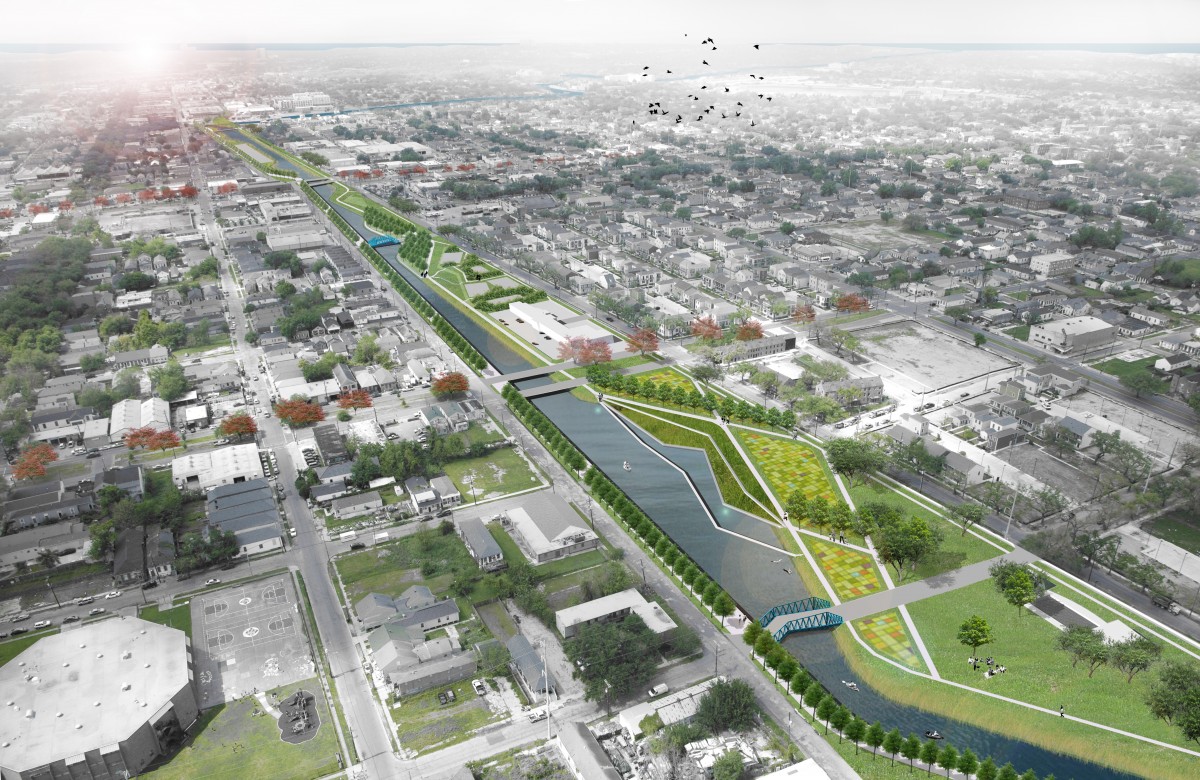The application of Nature Based Solutions in urban planning: potential and limits of a multidisciplinary technical knowledge still on going
DOI:
https://doi.org/10.6093/2281-4574/8276Abstract
The contemporaneity is influenced by the progressive urbanization that damages the environment in which it integrates, impacting decisively on ecosystems and placing cities in front of new challenges and complexities. Land consumption grows together with environmental pollution, while social inequalities compromise the ability of communities to respond resiliently to today’s critical issues. At the same time, the issue of climate change is becoming more and more relevant in urban planning research as traditional gray infrastructures are ineffective in countering the negative effects on built and human assets.
However, there are some methodologies, with related approaches and tools, which aim to reconstruct the balance between society and the environment, through interventions that respect natural processes. In particular, reference is made to Nature Based Solutions, Ecosystem Services and Green and Blue Infrastructures which have the ability to integrate themselves in order to reconstruct a technical knowledge in support of urban planning and the project of the contemporary city.
The application of innovative NBS appears to be a fruitful and growing field of research, both in the academic and professional fields, integrating the planning practices to face urban challenges, providing multiple benefits to the urban realities to which they are applied, according to many researchers and experts.
However, it should be noted that today’s urban planning is still at the dawn of the study of NBS; therefore, operational difficulties emerge in NBS approaches to plans, projects, programmes and policies, due to reasons of a physical, natural, technological, human, economic, social and financial nature. The contributions in this issue of TRIA aim to bring out some theoretical reflections and descriptions of design experiences alongside urbanization models in undeveloped countries, focusing on solutions based on the nature that can relate also to green infrastructure and ecosystem services.
Downloads

Additional Files
Published
Issue
Section
License
Gli autori che pubblicano su questa rivista accettano le seguenti condizioni:- Gli autori mantengono i diritti sulla loro opera e cedono alla rivista il diritto di prima pubblicazione dell'opera, contemporaneamente licenziata sotto una Licenza Creative Commons - Attribuzione che permette ad altri di condividere l'opera indicando la paternità intellettuale e la prima pubblicazione su questa rivista.
- Gli autori possono aderire ad altri accordi di licenza non esclusiva per la distribuzione della versione dell'opera pubblicata (es. depositarla in un archivio istituzionale o pubblicarla in una monografia), a patto di indicare che la prima pubblicazione è avvenuta su questa rivista.
- Gli autori possono diffondere la loro opera online (es. in repository istituzionali o nel loro sito web) prima e durante il processo di submission, poiché può portare a scambi produttivi e aumentare le citazioni dell'opera pubblicata (Vedi The Effect of Open Access).

